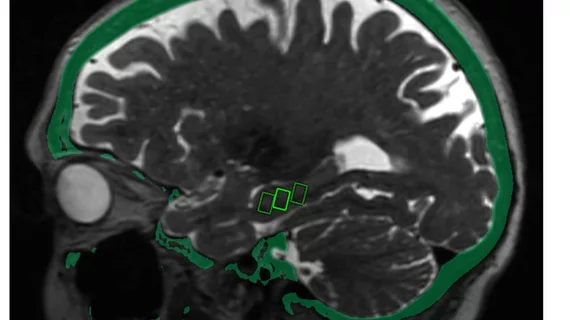FDA approves controversial Alzheimer’s drug
The Food and Drug Administration has approved a new drug that claims to slow down Alzheimer’s disease. The drug is the first approved for Alzheimer’s disease since 2003.
However, opponents say the drug’s results are actually contradictory and inconclusive, BuzzFeed News reported.
The FDA approved Aduhelm (aducanumab) for the treatment of Alzheimer’s. The drug was approved through the FDA’s accelerated approval pathway, which is restricted to drugs that provide a meaningful therapeutic advantage for life-threatening illnesses over existing treatments.
Alzheimer’s, which affects 6.2 million Americans, is an irreversible, progressive brain disorder that is not a normal part of aging. However, its root cause is incompletely understood. The disease is characterized by loss of neurons and connections, which can affect a person’s ability to remember and think.
“Alzheimer’s disease is a devastating illness that can have a profound impact on the lives of people diagnosed with the disease as well as their loved ones,” Patrizia Cavazzoni, MD, director of the FDA’s Center for Drug Evaluation and Research, said in a statement. “Currently available therapies only treat symptoms of the disease; this treatment option is the first therapy to target and affect the underlying disease process of Alzheimer’s. As we have learned from the fight against cancer, the accelerated approval pathway can bring therapies to patients faster while spurring more research and innovation.”
The drug works by targeting the fundamental pathophysiology of the disease. Aduhelm was tested in three separate studies with nearly 3,500 patients.
“Patients receiving the treatment had significant dose-and time-dependent reduction of amyloid beta plaque, while patients in the control arm of the studies had no reduction of amyloid beta plaque,” the FDA reported.
However, the drug was approved by the FDA after an advisory panel declined to recommend the drug. Patient advocacy groups, including the Alzheimer’s Association, pushed hard for the drug’s approval.
“But the influential organization’s statements contributed to the controversy around the drug, since the group did not disclose that it has received at least $1.4 million in funding from Biogen and Eisai since 2018,” BuzzFeed News reported.
Biogen and Eisai are the biotech companies that developed the new drug. The controversies over the drug’s approval and pathway have left open some questions about its efficacy and safety.

